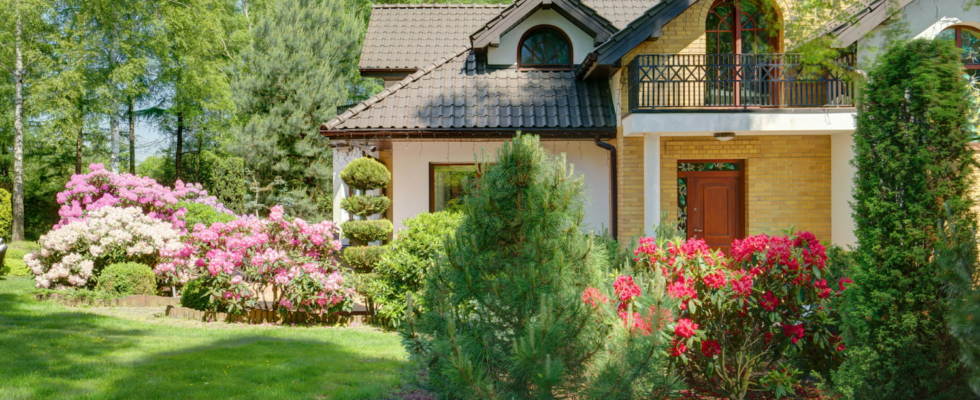Although the housing tax has disappeared for a large part of the population, many taxpayers remain subject to it and new increases have appeared.
Along with income tax, the housing tax was undoubtedly the best-known compulsory levy in France. Paid by almost all citizens, owner-occupiers and tenants alike, the housing tax was one of the main tax revenues of municipalities. However, it has been gradually eliminated since 2018 and has completely disappeared for all those liable in 2023.
Well almost, because it is in reality only the housing tax on main residences which has been abolished. Second homes are still subject to this tax and new legislative provisions now allow certain municipalities to apply a significant increase to them, which can rise up to 60%.
Thus, owners, usufructuary or tenants of furnished accommodation used as a second home are always subject to payment of housing tax for this property, regardless of whether they stay there for several weeks, a few days or never in the year. The basis of this tax is the same as that of the property tax, i.e. half of the cadastral rental value of the property, and its rate is voted by the municipality in which the property is located.
In addition, certain municipalities have the possibility of applying an optional increase to the housing tax on second homes, ranging from 5 to 60% of its amount. These are municipalities classified as tense zones, that is to say those which experience a strong imbalance between supply and demand for housing. To find out if a property is located in a municipality in a tense area, a simulator is available on the service-public.fr website.
If the housing tax on second homes only concerns furnished premises, unfurnished accommodation is not spared either. In municipalities in tense areas, unfurnished accommodation that has been vacant for at least one year as of January 1 is subject to the Tax on Vacant Housing (TLV), the rate of which is 17% the first year then 34% the following years. .
And in municipalities outside tense areas, the municipality can decide to introduce a Housing Tax on Vacant Housing, which then applies to unfurnished premises for residential use, unoccupied for at least two years on the 1st January of the tax year. Its base is equal to half the cadastral rental value of the property and its rate is voted freely by the municipality.
Suffice to say that it is becoming more and more expensive to own a second home or vacant accommodation in areas experiencing tension in the residential real estate market. For the owners concerned who do not wish to sell their property, the best financial option is therefore to develop it and rent it as premises for long-term residential use.
